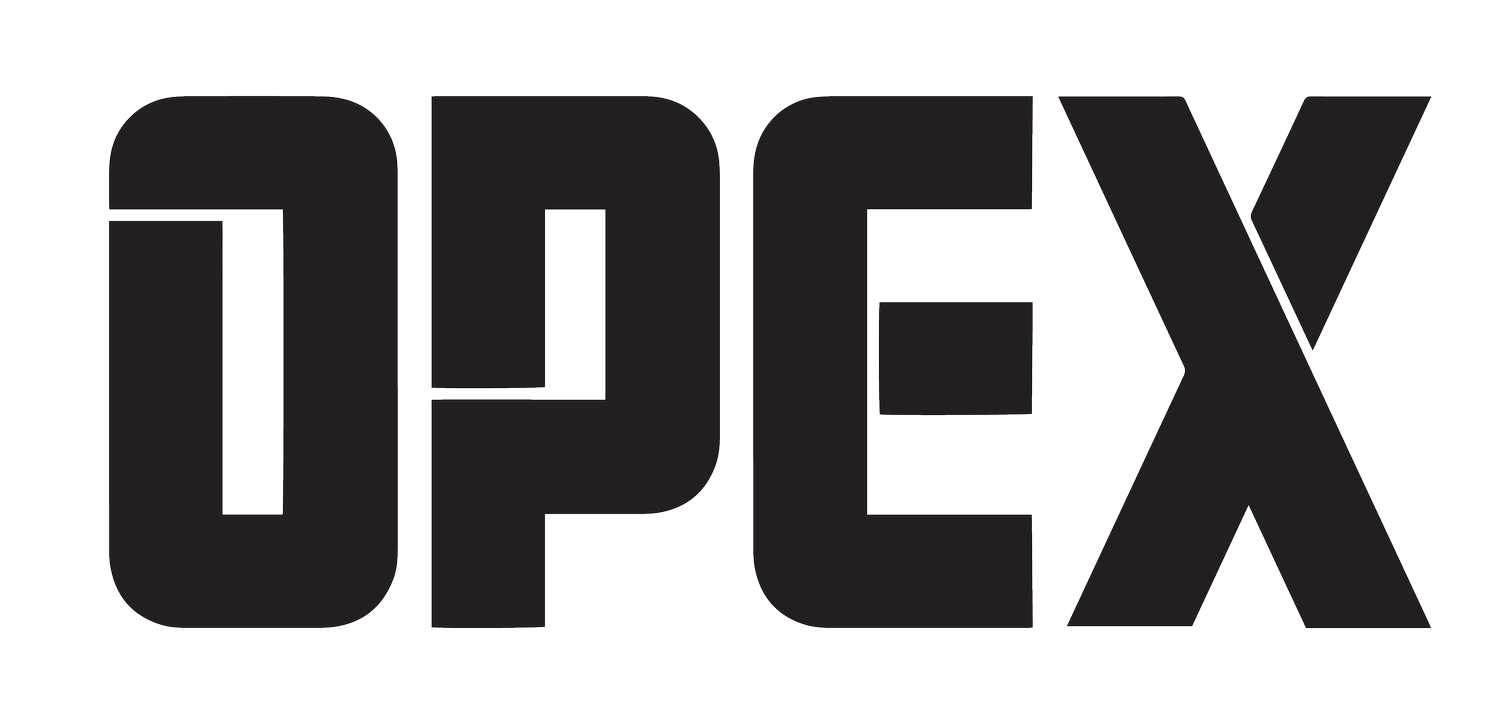THE BEST ALTERNATIVE TO A CLEANSE DIET
Why Helping Your Clients Create Basic Lifestyle Guidelines Beats Prescribing a Massive Diet Overhaul
It’s human nature to want to see quick results.
It’s the reason we’re drawn to things like 30-day diets and cleanses. And it’s the reason clients go to their coaches asking for a meal plan diet. We have been wired to think making a drastic diet change is the answer to losing the 50 lbs. we have put on in the last five years.
And although following the Whole30 diet for a month, or cutting out sugar and bread products for 6 weeks, for example, can and does help with body composition changes, it’s usually not the answer for long-term health results.
More often than not, when the challenge is over we return to our old ways, become discouraged, and learn very little in the process—except that another diet has failed us.
This is why meal plan dieting and pushing clients toward a 6-week diet challenge is not the approach of the OPEX Coach.
Our Approach
Our approach is one of small, habit-based lifestyle changes that allow clients to create new basic lifestyle guidelines (BLGs) that become almost second-nature.
This does two major things:
It creates a foundation of healthy habits to build upon over the long-term, putting in place a platform that allows for long-term health and fitness gains.
It eliminates that desperate feeling—the one where we think mustering up more willpower is the answer to our problem. The thing is, when you don’t need to rely on willpower to make a decision—when the decision is a habit as easy as going to the bathroom when you need to pee—then suddenly making healthy decisions, be it food choices or going to bed on time, is no longer hard.
BLGs are kind of like the foundation of a house: It’s not what people see and comment on, but it’s a crucial part of the house. Without it, the house would fall apart.
Three BLGs OPEX coaches tackle with their clients before they get into more complex concepts like macro-counting, for example, include:
Sleep
We all know sleep is necessary for success, both in the gym and in life. Yet most people don’t prioritize it. They go to bed too late, sleep in too late, and have anything but a consistent bedtime. Learn more about the importance of sleep in this blog.
As a result, their circadian rhythm falls off balance, so they experience energy lulls at different times of the day and turn to coffee for a quick solution. And obviously the long-term health effects of inadequate sleep are a lot more dire than just energy lulls.
Science shows the following are important keys to optimize mental and physical health when it comes to sleep:
Getting enough sleep (most people naturally require 7-9 hours of sleep a night)
Consistent bedtime and wake-up time
Avoid blue light before bed (the darker the room the better). Read more about this here.
Optimal room temperature
Without adequate quality sleep, it doesn’t matter how perfectly designed your clients’ training program is, or how dialed in their macros are, they will not function optimally.
Big Picture Eating Practices
Some things to consider talking to your clients about include:
Do you sit down in a distraction-free environment to eat?
Are you eating enough protein?
Are you eating enough vegetables?
Are you eating processed food?
Do you source local, organic food?
Do you meal prep in advance?
How often do you eat out, where you don’t really know what’s in your food?
Do you eat at regular times each day?
Do you skip meals?
On top of this, many people don’t pay attention to things like bloating, gas or irregular bowel movements. They think it’s just part of life. Becoming aware of how your body reacts to certain foods is the first step in figuring out what types of foods your body processes and digests well, as when it comes to digestion, we’re not all the same. Begin to master the big picture eating practices here.
Hydration
Are you drinking enough water?
Is this something you even think about?
Once again, we don’t all require the same amount of water—hydration requirements depend on various factors, including your bodyweight, how much water you’re losing due to training, and whether you’re a heavy sweater or a light sweater. Becoming aware of how much you’re drinking now is the first step, and then you can figure out how much more you need to be drinking. (We suggest drinking 1/2 your bodyweight in ounces each day as a target, and then adjust from there).
Why is this so important? Check out this video of OPEX Founder James FitzGerald talking about hydration and why it’s so important.
Keep It Simple
Carla Lind-Valden is an OPEX Coach who says new clients often approach her wanting a rigid meal plan. They think if she tells them exactly what to eat, their problems will go away quickly.
To which, the education begins:
“Wow, we need to talk about your habits first,” she said she says to them.
This is where Lind-Valden begins. She does her best to make adopting new basic lifestyle guidelines as simple as possible on her clients, so they can become subconscious habits as easy as showering, as opposed to giving them a massive diet overhaul overnight.
Her main message is:
“More often than not, less is so much more and most people thank me for that afterward,” she said.
Imagine being able to do less and impact your clients more. Well, it’s possible. Become that coach and download our free Coach’s Toolkit.

